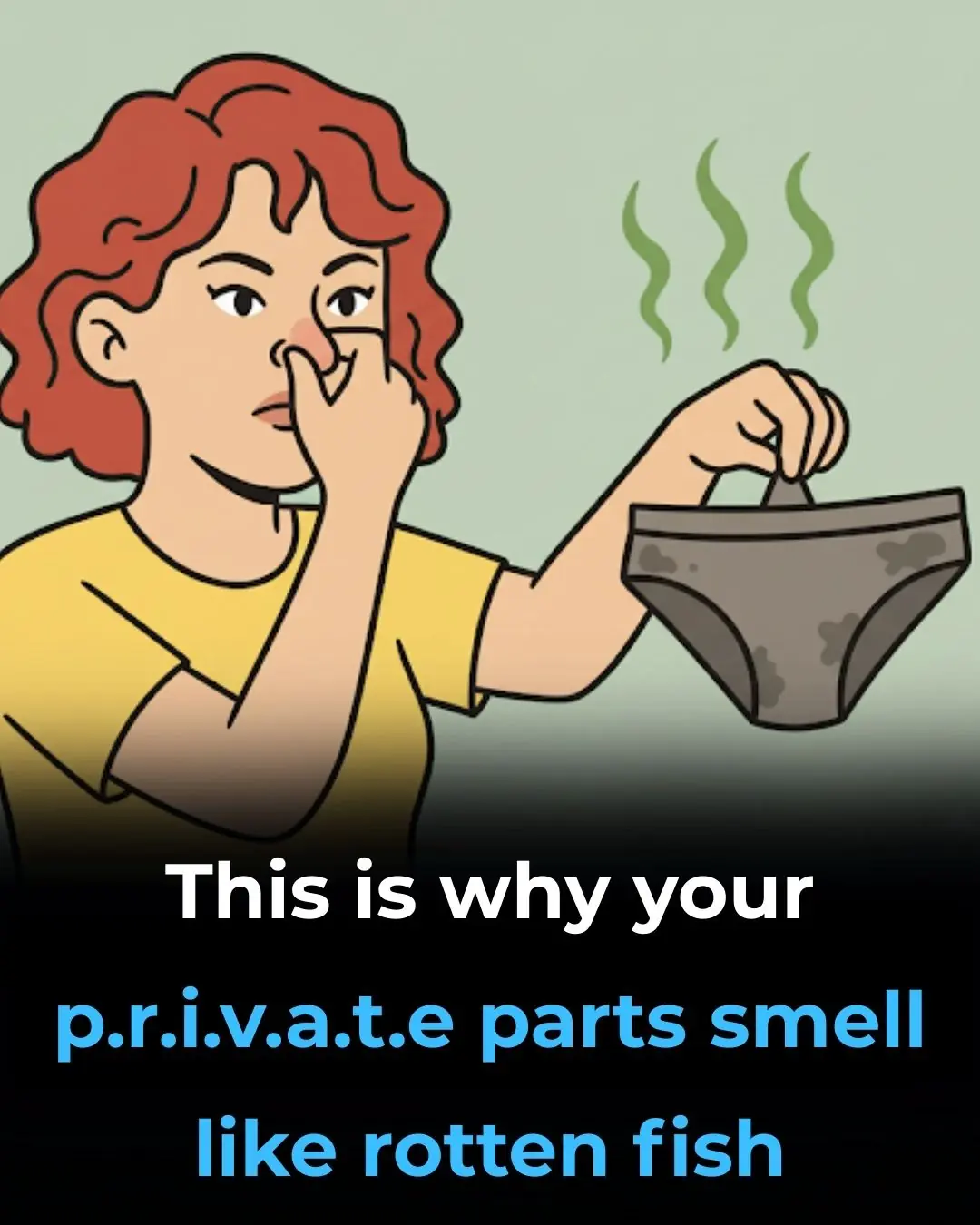
Man’s Refusal to Pay 25% Tip Ignites Debate on Tipping Culture
The Growing Debate Over Tipping: Custom, Obligation, or Outdated Practice?
Tipping has long been a deeply ingrained practice in the United States and parts of Europe, originally intended as a way to reward exceptional service. Over the years, however, what began as a voluntary gesture of appreciation has transformed into a social expectation, sparking heated debates about its fairness, necessity, and future.
One Customer’s Protest Against Tipping Culture
Recently, Dustin Anderson voiced his frustration with modern tipping norms and announced his decision to stop tipping altogether. For him, tipping no longer reflects service quality but instead feels like a mandatory surcharge.
“When was the last time you got exceptional service, anywhere?” Anderson asked. While he acknowledged the importance of restaurant staff earning a livable wage, he rejected the idea of automatically adding 20% or 25% to a bill for what he described as “standard” service. Instead, he said he would rather pay fair menu prices upfront that ensure staff are compensated properly without relying on tips.
A Divided Public Response
Anderson’s stance struck a chord with many who believe tipping has spiraled out of control. Social media reactions poured in, with one commenter declaring, “Tipping is OUT OF CONTROL,” while another questioned why tipping has extended to takeout counters, coffee shops, and self-service kiosks. For these critics, tipping fatigue has set in as requests for gratuities now appear at nearly every point of sale.
On the other hand, defenders of tipping emphasized the economic realities of service work. A former server explained that many restaurants require employees to “tip out” a portion of their earnings to bussers, bartenders, or even management, leaving tips as their only viable source of income. Others suggested that anyone critical of tipping should try working a service job before dismissing its importance.
The Larger Issue: Who Should Pay for Wages?
The debate highlights a central tension: Should customers or businesses bear responsibility for paying workers fairly? Critics argue that employers use tipping as a loophole to avoid providing fair base wages, forcing customers to subsidize staff salaries. Advocates for reform point to European countries where a service charge is included in the bill, ensuring consistent pay without leaving employees at the mercy of customer generosity.
However, service workers in the U.S. often defend tipping because it can sometimes result in higher income than a flat wage, particularly in busy restaurants or high-end establishments where generous tips are common. This creates a divide not only between customers and workers but also among workers themselves.
Tipping Beyond Restaurants
The controversy is no longer limited to dining experiences. Recent viral incidents include delivery drivers refusing or canceling orders due to a lack of tips, and point-of-sale systems prompting customers to tip multiple times during a single transaction. Some customers have also begun questioning whether professionals like hairdressers or baristas, particularly those working from home or in boutique settings, should receive the same level of tipping as restaurant servers.
This widening scope of tipping has left many consumers feeling cornered into providing gratuities, regardless of service quality or necessity.
A Complicated History
Ironically, tipping was once considered “un-American” when it was first introduced from Europe in the late 19th century. Critics argued that it clashed with ideals of equality by reinforcing class distinctions. Yet, the practice took hold and eventually became institutionalized in ways that often harmed marginalized groups. Historically, tipping allowed employers to pay certain workers — particularly people of color — less than a living wage, cementing a system of economic inequality that persists in some industries today.
Looking Ahead: Time for Change?
Anderson’s personal protest may be just one voice, but it reflects a growing sentiment among consumers that tipping practices need serious reevaluation. Some advocate for a “service charge” model to replace voluntary tips, while others call for legislation requiring employers to pay higher base wages.
Whether these frustrations will spark meaningful systemic changes remains uncertain. For now, tipping continues to be a contentious issue, sitting at the intersection of economic fairness, cultural tradition, and evolving consumer expectations.
News in the same category


A Company in Kenya Builds Houses From Recycled Shipping Containers – Solar-Powered and Ready in Days

What Terrible Things Happen When Women Lack Intimacy? A Painful Yet True Reality

Why You Should Never Place Your Bed Like This

Sink Trick You Should Always Do Before Vacation

Elon Musk Issues Serious Warning on Japan’s Population Decline

What it says about your relationship when your partner sleeps with their back to you

Orlando Bloom explains ‘horrible’ side effects his weight-loss transformation caused

A:dult star reveals the clause written into her contract that helps keep her safe

Bear Attack Survivor’s Haunting Farewell Note to Wife After Gathering Pieces of His Own Flesh

Ring Finger Longer Than An Index Finger

The Hidden Meaning Behind Thumb Rings for Women vs. Men

North Face Co-Founder Bought 2.2m Acres Just to Protect It

Family gives update on baby after brain dead woman was kept alive to give birth due to abortion law

The hidden meaning of thumb rings: what they represent for women vs. men

What it says about your relationship when your partner sleeps with their back to you

The World’s Strongest Animal Isn’t an Elephant or Bear

Gordon Ramsay issues health warning after undergoing cancer surgery

Delta Pilot Spends Year’s Salary to Fly 112 Friends to Hawaii for Epic Retirement Sendoff

Unbelievable footage shows moment Ukraine blows up two key Russian bridges using their own mines amid WW3 fears
News Post

🌿 Can Papaya Leaves Turn Gray Hair Black Naturally? Unlock Nature’s Secret to Vibrant Hair

Japanese airport has never lost luggage in over 30 years – This is why

The Ultimate DIY Clove Skincare Routine

A Company in Kenya Builds Houses From Recycled Shipping Containers – Solar-Powered and Ready in Days

5 Types of Drinks You Shouldn’t Store in a Thermos

Smart Tips for Boiling Eggs: Prevent Cracks, Easy to Peel, and How to Time Them Perfectly

🥕 3-Day Carrot-Based Detox: Cleanse Your Liver and Intestines Naturally

Coconut Oil for Hair Growth – Add this in your Hair Oil

What Terrible Things Happen When Women Lack Intimacy? A Painful Yet True Reality

Why You Should Never Place Your Bed Like This

Sink Trick You Should Always Do Before Vacation

10+ Foods That Naturally Lower Blood Sugar Levels

Elon Musk Issues Serious Warning on Japan’s Population Decline

A Fruit Growing Abundantly in Gardens That Few People Eat Turns Out to Be an Autumn ‘Miracle’ Better Than Ginseng and Bird’s Nest

Why Should You Drop a Clove of Garlic into the Toilet Bowl at Night? Knowing Its Benefits, Every Household Wants to Try It

Revealed: How to Make Ceramic Tiles Sparkle at Home – Without Spending a Dime

If your private parts smell fishy, it’s something you should be aware of

Soak the vermicelli in a bowl of fish sauce, after 2 minutes you will know if the vermicelli is clean or contains borax.

The refrigerator seal has black mold, use this to wipe it, and it will be completely clean in just 5 minutes.
